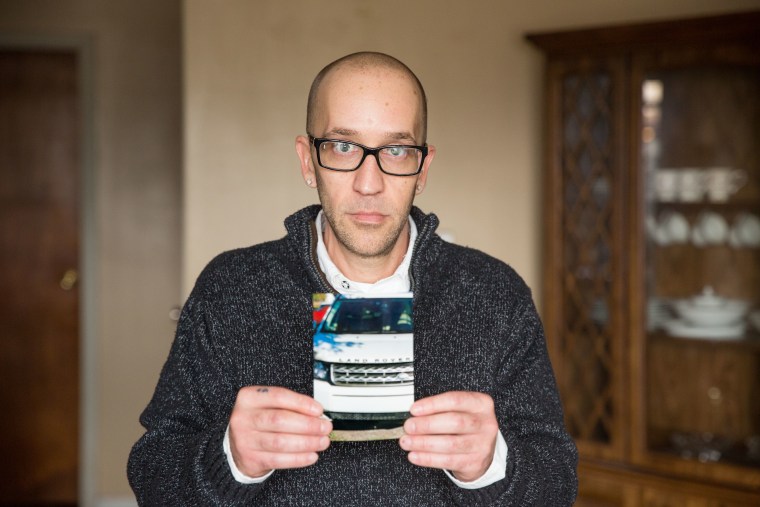The U.S. Supreme Court ruled unanimously Wednesday that the Constitution's ban on excessive fines applies to punishments imposed by the states as well as by the federal government.
The decision, announced in court and written by Justice Ruth Bader Ginsburg, was a victory for an Indiana man, Tyson Timbs, whose expensive Land Rover sport utility vehicle was confiscated after he pleaded guilty to selling heroin to undercover police officers.
Although the Eighth Amendment bans excessive fines, the Supreme Court had never before explicitly said that it applies to the states. The Indiana Supreme Court, ruling against Timbs, held that it did not.
Wednesday's ruling removed any lingering doubt.
"The protection against excessive fines guards against abuses of government's punitive or criminal law enforcement authority," Ginsburg wrote, finding that the safeguard "is fundamental to our scheme of ordered liberty."
The Eighth Amendment's other two restrictions, forbidding cruel and unusual punishment and banning excessive bail, were previously declared to restrict state as well as federal authority.
When the Bill of Rights was ratified in 1791, it imposed limits only on the federal government. The Supreme Court has gradually ruled that most of its provisions also apply to the states.
Timbs became addicted to an opioid prescription for persistent foot pain. When that supply ran out, he turned to drug dealers and eventually to heroin. To pay for his addiction, he began dealing heroin and was arrested after twice selling to undercover police officers.
Because the police said he used his vehicle to facilitate the drug deals — a $42,000 Land Rover bought with money he received from his father's life insurance policy — the state instituted a forfeiture lawsuit to take it away.
The trial judge said the punishment of losing his car would be "grossly disproportionate" to the seriousness of his offense given that the value of the Land Rover was more than four times the maximum fine for the drug conviction. But the Indiana Supreme Court reversed the ruling.
Indiana argued that even if the ban on excessive fines applied to the states, the restriction should apply only to fines that a person has to pay, not to the seizure of property used to commit a crime.
"We disagree," the Supreme Court said Wednesday, finding that the right is fundamental and deeply rooted in the justice system.
Ginsburg's opinion traced the guarantee back to as early as 1215. England's Magna Carta required that financial penalties "be proportioned to the wrong." Harsh economic sanctions, she said, can undermine other fundamental rights. "Excessive fines can be used, for example, to retaliate against or chill the speech of political enemies."
In a concurring opinion, Justice Clarence Thomas called the right to be free of excessive fines "a privilege of American citizenship."

